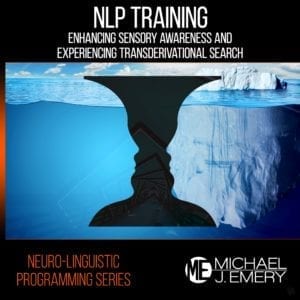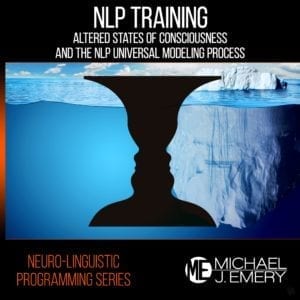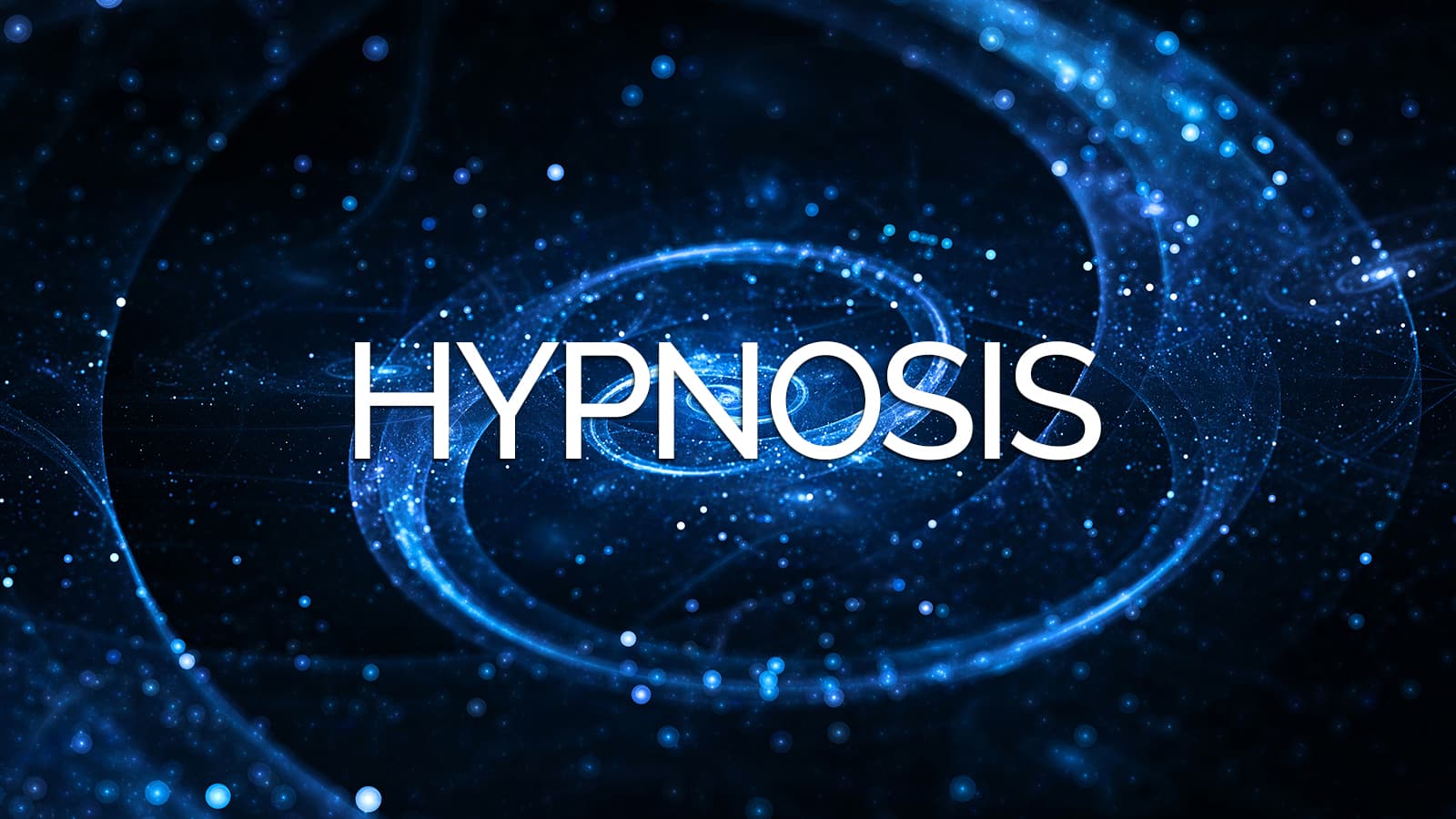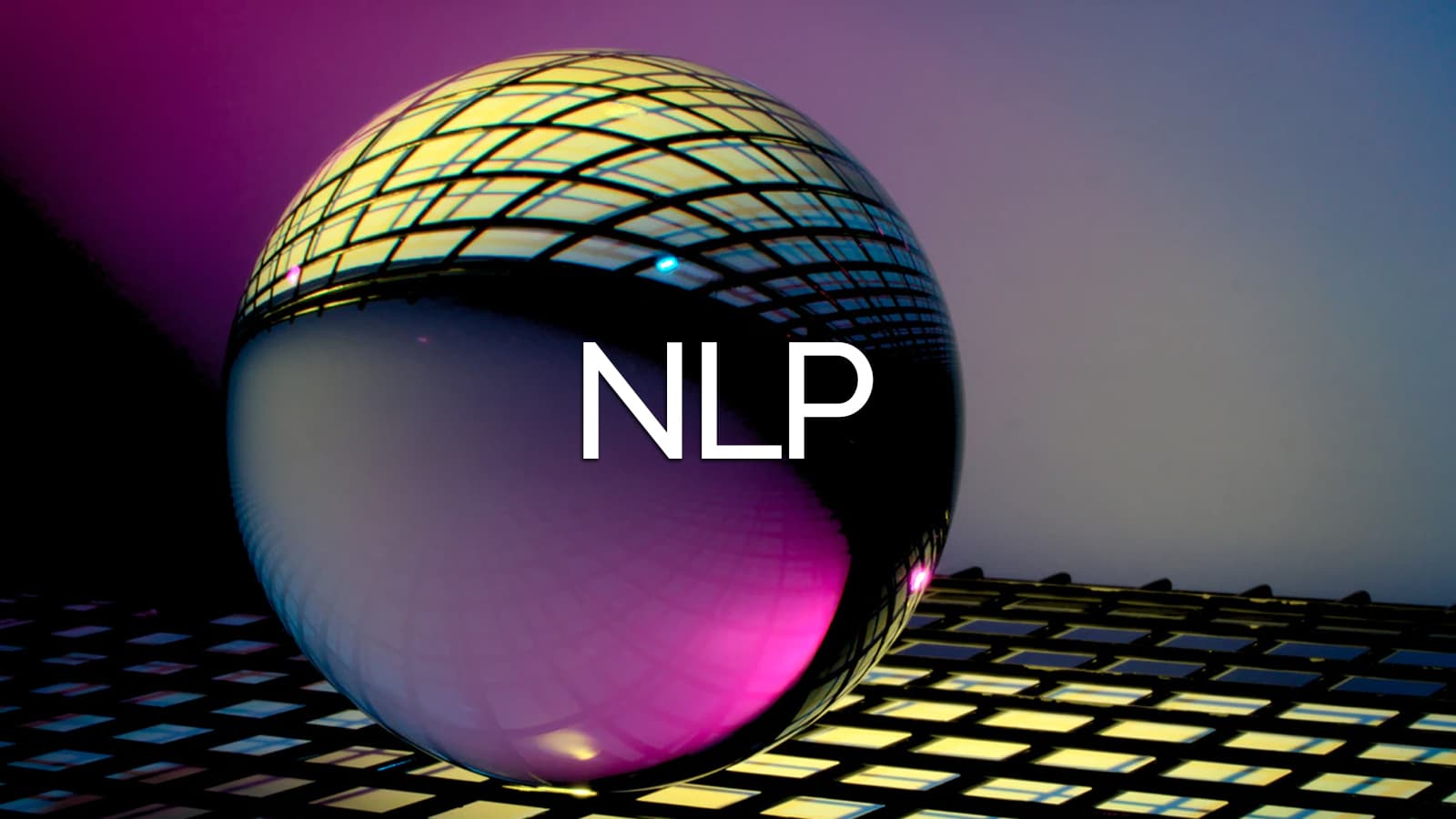What is the Definition of Hypnosis in Psychology
Hypnosis refers to a therapeutic technique used by experts to create interactions to subjects who have been subjected to a relaxed state. The idea of hypnosis psychology comes from the reactions of subjects in this state, which is believed to be a remedy to various body conditions such as pain. In order to reach this state, the coach or trainer induces a repetitive session of words and images, in an effort to get the mind in a sleep-like state. It is during this period that the experts take advantage of the super concentration attained to influence your psychology.
What is Hypnosis Psychology and How Can It Benefit Patients?
The brain is the coordinator of all processes in the body, meaning that any influence in its functioning has a direct impact on the affected processes. According to various studies, an effective hypnosis session can help alleviate most of the disorder associated with the central nervous system. The following are some of the ways hypnosis can be used in psychology:
- Reduce and/or eliminate joint, organ and general body pains
- Reduce anxiety and its related complications.
- Used for improvement of recovery results from other therapies
- Improve regulation of reflex actions thus useful for complications such as Irritable Bowel Syndrome
- Some experts use it to help quit addictions to drugs or certain behaviors
- It is useful in relieving body stress and depression, a factor linked to relieving of skin diseases and toxin-related complications.
Who Is Qualified to Use Different Types of Hypnosis in Psychology
Obviously, in the context of psychology, one needs to be a licensed psychologist recognized in the appropriate country or region. The fact is that one does not necessarily have to be a psychologist to use hypnosis, nor do the need to be certified as a hypnotherapist since hypnosis is very ambivalently defined.
The working premise here is that all hypnosis is self-hypnosis and anyone who is capable of reaching a significant level of suspended reality or internal focus for a period of time could be considered to be practicing self-hypnosis. In many ways, this is what makes children the best subjects for hypnosis psychology since they tend to be easily carried away by fantasies than adults. On the other hand, some studies have shown that only around 10% of adults are incompatible even with the highest level of expertise.
Some of the reasons why you should try hypnotherapy
It is a natural therapy and therefore poses no adverse effects to the subjects. The process is not typically expensive financially. The results can be very beneficial, not to mention many hypnosis patients or clients describe the process as fun and interesting.
What are the Benefits of Hypnosis in Psychology
The benefits of hypnotic sessions differ per individual, based on the target and willingness to participate. However, we can classify the benefits as follows:
Health Benefits - In addition to relieving pain, this therapy can be used to treat lifestyle diseases, through influencing weight loss and reducing body stress. For instance, creating an effective weight loss plan requires psychological preparation and discipline, all which would come from this session. One way that thousands of people around the globe use hypnosis on a daily basis is through apps that offer hypnosis downloads, such as the Attention Shifting app by Michael J. Emery.
Aspects such as chronic pain, digestion issues, and stress-related diseases are among the benefits you can reap. The relief from these disorders helps one to have better sleeping times, which is important for general health of not only your body but also your soul.
Social Benefits - The deep relaxation mood set by this therapy can help relieve anxiety and additions. During this concentrated time, subjects can unearth the old memories, which may have an impact on their social well being.
For instance, retrieving memories of your traumatic childhood experiences and sharing them with your expert helps cure bitterness and reduce the likelihood of revenging. On matters behavior adjustment, the hypnotic suggestions made help one to realize the impact of having an immoral behavior. Studies show that subjects, in this case, have above 50% chances of changing the old behavior through hypnotic psychology.
Hypnosis has lots of health benefits that people can tap into to achieve tremendous goals.
What are the Pros and Cons of the Psychology of Hypnosis in Practice?
Pros
It is an inexpensive therapy and therefore suitable for all. If successful, one can reap many benefits in a single session. Hypnotic psychology is a convenient and flexible therapy to address some common pains and disorders.
Cons
Some people cannot reach the hypnotic state and others have varied levels of adoption. Also, there is a lack of standardization for the coaches, psychologists, hypnotherapists and trainers means that you have to be selective in who you choose to work with.
















































































































